
India is gearing up for an important change in how it generates and consumes energy, and the government intends to make significant changes in the next Budget for 2024.

A team of scientists, including an Indian-origin researcher, at Heriot-Watt University in Edinburgh has achieved a groundbreaking feat: producing "green petrol" from whiskey waste.

Revolutionary megaprojects, representing the state of Gujarat's high future goals, are driving the state's outstanding march towards development. Among these, the Mumbai-Ahmedabad bullet train demonstrates India's commitment to high-speed rail travel.
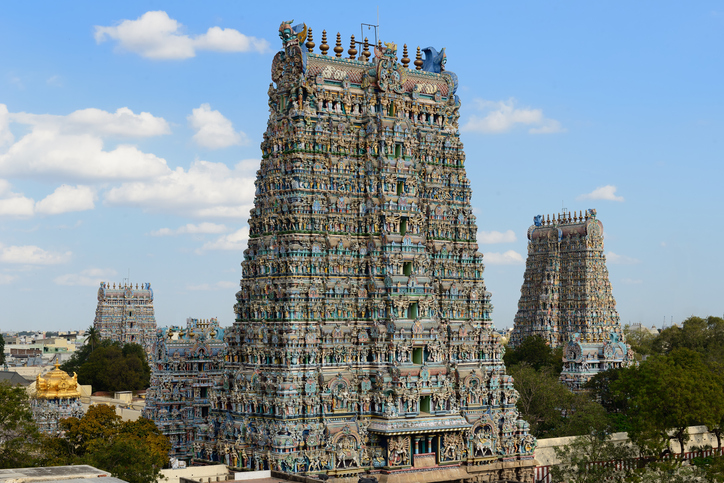
Dr. T.R.B. Rajaa, Tamil Nadu's Minister for Industries, Investment Promotion, and Commerce, declared the state's ambitious target of increasing renewable energy capacity to 75%.
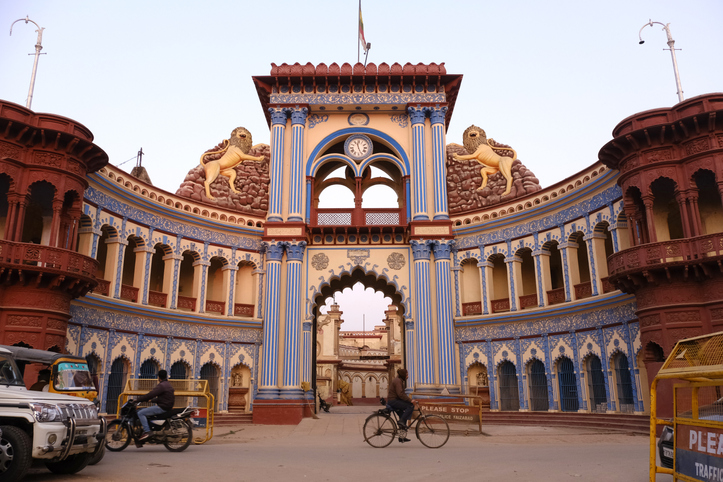
Ayodhya is taking great steps toward adopting clean energy solutions, most notably with the imminent construction of a 40 MW solar power plant.
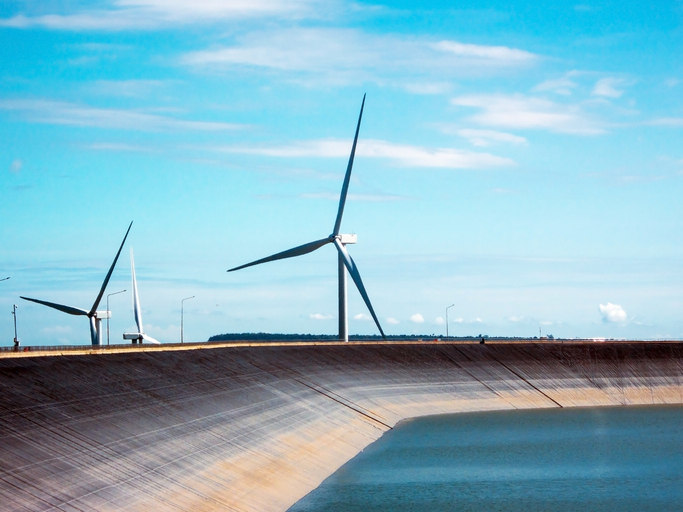
Nepal and India reached a substantial long-term agreement on Thursday for the export of 10,000 MW of power from Nepal to India over the next ten years.
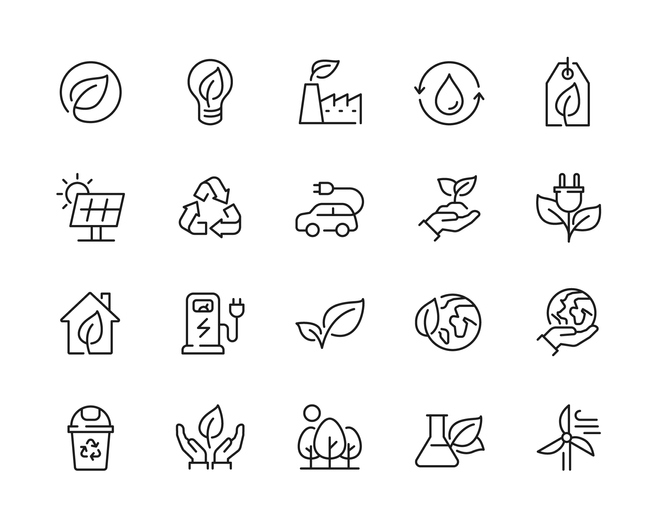
The National Committee on Transmission (NCT) has approved around ten new transmission projects totaling more than Rs 6,600 crore. Notably, two significant projects account for a total of 5,281 crore. The NCT's approval allows these projects to submit bids.

India is making great progress in the renewable energy sector, with the goal of reaching 500 GW of renewable energy capacity by 2030.
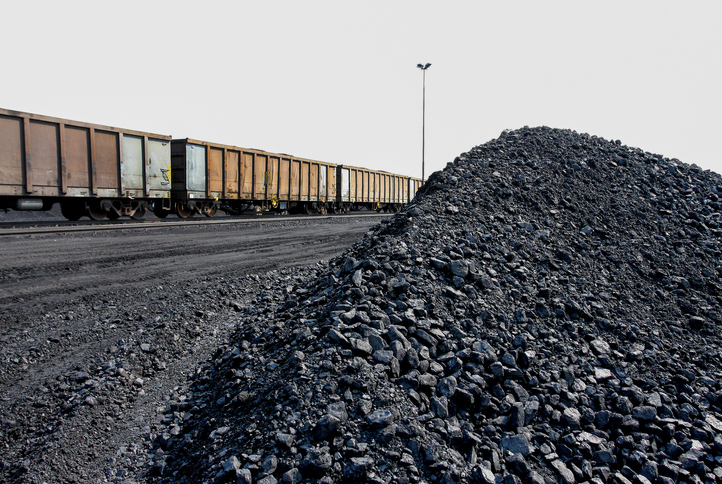
According to the International Energy Agency (IEA), global coal demand is expected to fall by 2026, despite reaching a new high in output this year.

According to officials with knowledge of the matter, over sixty countries have voiced their support for an agreement led by the European Union, United States, and United Arab Emirates to triple renewable energy capacity by the end of this decade and transition away from coal.